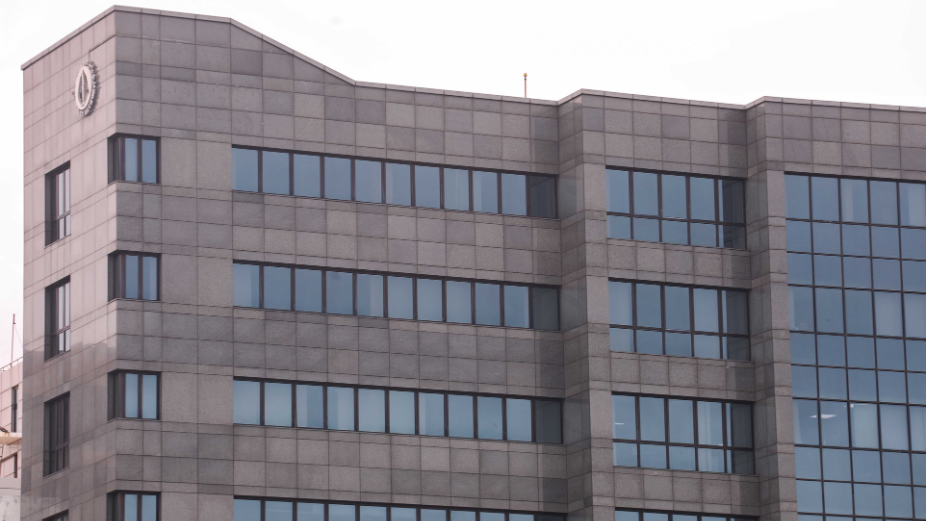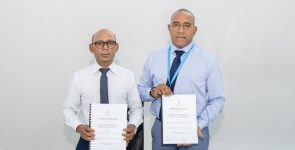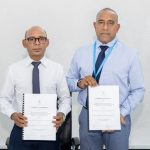
The Maldives Monetary Authority (MMA) has announced that the country’s national reserve is expected to see improvements this month, attributing this to positive developments in the nation’s economic and financial situation. However, a closer look at the figures suggests that the outlook may be more complex than the central bank’s optimistic assertions.
In an interview with the state media, MMA highlighted an agreement signed in 2019 between the authority and the Ministry of Finance, which allowed the central bank to exchange dollars deposited in the Sovereign Development Fund (SDF) for Maldivian Rufiya, subsequently including these funds in the usable reserve. This arrangement ended in December 2023, leaving MMA to retain the dollars in the SDF without converting them. The SDF currently holds an available balance of USD 65 million.
Despite MMA’s positive projection, the latest figures reveal that, as of the end of July, the state’s usable reserve stood at only USD 45 million, excluding the USD 65 million in the SDF. The central bank did note that recent measures by the government are expected to increase deposits into the SDF beyond previous forecasts. Nevertheless, the actual impact on the national reserve remains contingent on the government’s ability to secure additional financing.
MMA has pointed to the anticipated growth in the tourism industry as a potential driver for reserve improvement, suggesting that increased tourist arrivals will increase the reserve. However, this projection hinges on the government’s success in securing foreign financing to meet the foreign exchange needs of the state and state-owned companies.
To enhance foreign currency liquidity, the MMA has relied on currency swap arrangements in recent years, with one such swap line expected to provide up to USD 400 million in financing. In 2023, USD 100 million from a similar arrangement was used to support the reserves. Yet, the reliance on such measures raises questions about the sustainability of the country’s financial position.
Since Governor Ahmed Munawar’s appointment, the central bank has been working closely with the Ministry of Finance and other authorities to improve the economic and financial situation. While the MMA expresses confidence in the effectiveness of these efforts, the stark realities of the numbers suggest that the Maldivian financial system’s challenges may be far from resolved.
As the situation unfolds, much will depend on the government’s ability to raise the necessary funds to sustain the reserve and manage the country’s foreign exchange needs. The true test of the MMA’s optimism lies in whether these claims will materialise into tangible financial stability for the Maldives.









